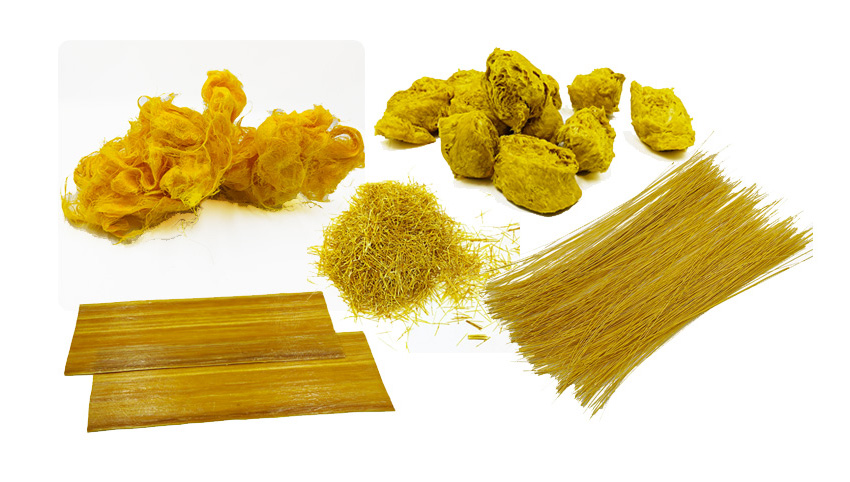Phenolic molding compounds are thermosetting molding materials made by mixing, kneading, and granulating phenolic resin as a matrix with fillers (such as wood flour, glass fiber, and mineral powder), curing agents, lubricants, and other additives. Their core advantages lie in their excellent high-temperature resistance (long-term operating temperature up to 150-200℃), insulation properties (high volume resistivity, low dielectric loss), mechanical strength, and dimensional stability. They are also resistant to chemical corrosion, have controllable costs, and maintain stable performance even under high temperature, high voltage, or humid environments.
Types of Phenolic Molding Compounds
Compression Molding Compounds: These require compression molding. The material is placed in a mold and then cured under high temperature and pressure (typically 150-180℃ and 10-50MPa). They are suitable for manufacturing complex shapes, high dimensional accuracy requirements, or large, thick-walled parts, such as insulating supports in electrical equipment and heat-resistant components around automotive engines. With uniform filler dispersion, the products exhibit superior mechanical strength and high-temperature resistance, making them widely used in mid-to-high-end industrial components and a traditional mainstream product type.
Injection molding compounds: Suitable for injection molding processes, these materials have good flowability and can be quickly filled and cured in injection molding machines, resulting in high production efficiency and automation. They are suitable for mass production of small to medium-sized, relatively regular-structured components, such as switch panels for household appliances, automotive electronic connectors, and small electrical insulation parts. With the popularization of injection molding processes and the optimization of material flowability, the market share of these products is gradually increasing, especially as they meet the large-scale production needs of consumer industrial products.
Application Areas of Phenolic Molding Compounds
Electrical/Electronic Equipment: This is a core application scenario, covering insulation components and structural parts for equipment such as motors, transformers, circuit breakers, and relays, such as motor commutators, transformer insulation frames, and circuit breaker terminals. The high insulation and high-temperature resistance of phenolic molding compounds ensure the safe operation of electrical equipment under high voltage and high-heat conditions, preventing short circuits caused by insulation failure. Compression molding compounds are mostly used for critical insulation components, while injection molding compounds are suitable for the mass production of small electronic components.
Automotive Industry: Used for heat-resistant components in automotive engines, electrical systems, and chassis, such as engine cylinder head gaskets, ignition coil housings, sensor brackets, and braking system components. These components need to withstand long-term high engine temperatures (120-180℃) and vibration impacts. Phenolic molding compounds meet these requirements due to their high-temperature resistance, oil resistance, and mechanical strength. They are also lighter than metal materials, contributing to weight reduction and fuel efficiency in automobiles. Compression molding compounds are suitable for core heat-resistant components around the engine, while injection molding compounds are used for small and medium-sized electrical components.
Household Appliances: Suitable for heat-resistant structural and functional components in appliances such as rice cookers, ovens, microwave ovens, and washing machines, such as rice cooker inner pot supports, oven heating element mounts, microwave oven door insulation components, and washing machine motor end covers. Appliance components need to withstand medium to high temperatures (80-150℃) and humid environments during daily use. Phenolic molding compounds offer significant advantages in high-temperature resistance, moisture resistance, and low cost. Injection molding compounds, due to their high production efficiency, have become the mainstream choice in the household appliance industry.
Other applications include aerospace (such as small insulating components for airborne equipment), medical devices (such as high-temperature sterilization components), and industrial valves (such as valve sealing seats). For example, high-temperature sterilization trays in medical devices need to withstand 121°C high-pressure steam sterilization, and phenolic molding compounds can meet the requirements for temperature resistance and hygiene; industrial valve sealing seats need to be resistant to media corrosion and certain temperatures, highlighting their adaptability to multiple scenarios.
Post time: Nov-13-2025







